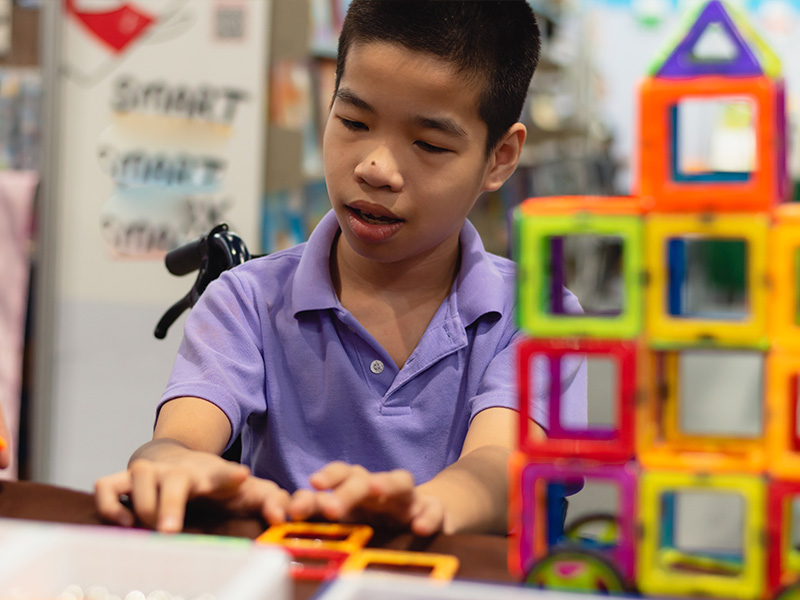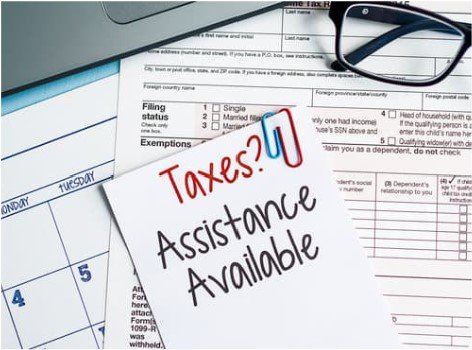Sped: Special Education for Students with Disabilities

Special education, also known as https://bcba88.com/ sped, is the practice of educating students with disabilities in a way that accommodates their individual differences, needs, and goals. Special education services are designed to help students with disabilities reach their full potential and succeed in school and in life.
Students with Disabilities
Students with disabilities are students who have a physical or mental impairment that substantially limits one or more major life activities. Major life activities include caring for oneself, performing manual tasks, walking, seeing, hearing, speaking, breathing, learning, and working.
Types of Disabilities
There are many different types of disabilities that can affect students’ learning. Some of the most common types of disabilities include:
- Learning disabilities: Learning disabilities are disorders that make it difficult for students to learn and process information. Common learning disabilities include dyslexia, dyscalculia, and dysgraphia.
- Intellectual disabilities: Intellectual disabilities are characterized by significant limitations in intellectual functioning and adaptive behavior.
- Emotional and behavioral disorders: Emotional and behavioral disorders are characterized by significant emotional or behavioral problems that interfere with students’ learning and social functioning.
- Speech and language disorders: Speech and language disorders are characterized by difficulties in communicating with others.
- Autism spectrum disorder: Autism spectrum disorder is a developmental disorder that affects communication and behavior.
- Physical disabilities: Physical disabilities are impairments that affect students’ physical mobility and functioning. Common physical disabilities include cerebral palsy, spina bifida, and muscular dystrophy.
- Visual impairments: Visual impairments are impairments that affect students’ vision. Common visual impairments include blindness and low vision.
- Hearing impairments: Hearing impairments are impairments that affect students’ hearing. Common hearing impairments include deafness and hard of hearing.
Special Education Services
Special education services can vary depending on the student’s individual needs. Some common special education services include:
- Instructional support: Instructional support may include small group instruction, one-on-one tutoring, or specialized instruction in specific areas such as reading or math.
- Accommodations and modifications: Accommodations and modifications are changes to the curriculum or learning environment that help students with disabilities access the same material and have the same opportunities to succeed as their peers without disabilities.
- Related services: Related services are any services that are necessary to help students with disabilities benefit from special education. Related services may include speech therapy, occupational therapy, physical therapy, counseling, and other services.
Benefits of Special Education
Special education can provide a number of benefits for students with disabilities, including:
- Improved academic achievement: Students with disabilities who receive special education services are more likely to succeed in school and meet their academic goals.
- Increased self-confidence: Special education can help students with disabilities develop their self-esteem and confidence in their abilities.
- Improved social skills: Special education can help students with disabilities develop the social skills they need to succeed in school and in life.
- Transition to adulthood: Special education can help students with disabilities prepare for the transition to adulthood, including finding a job and living independently.
How to Get Special Education Services
If you think your child may need special education services, you should talk to their teacher. The teacher can assess your child’s needs and determine if they are eligible for special education services. If your child is eligible for special education services, the school will develop an individualized education program (IEP) for your child. The IEP will outline your child’s specific needs and goals, and it will describe the special education services that your child will receive.
Conclusion
Special education is an important service for students with disabilities. It can help them reach their full potential and succeed in school and in life. If you think your child may need special education services, talk to their teacher.






